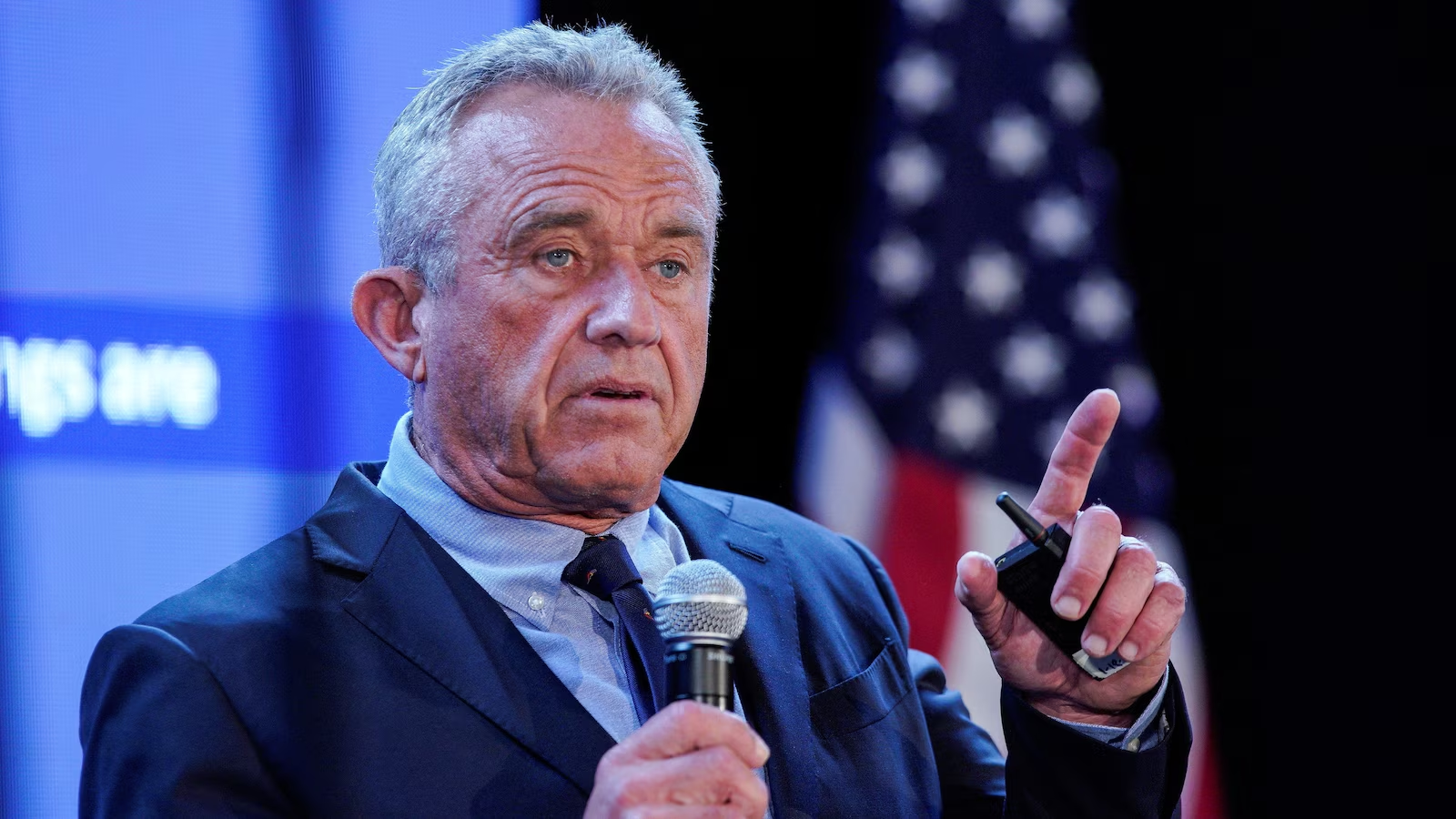In 2010, Robert F. Kennedy Jr., the independent presidential candidate, revealed a medical abnormality that left doctors puzzled and intrigued. He claimed that a parasitic worm had taken up residence in his brain, leading to cognitive problems. Let’s delve into this fascinating case.
The Discovery
Kennedy consulted neurologists after experiencing memory loss. During a brain scan, they noticed a dark spot that could be attributed to a worm that had partially consumed a portion of his brain. Yes, you read that right—a worm. The idea of a parasite residing in the brain sounds like something out of a sci-fi movie, but it’s a real phenomenon.

The Worm’s Origins
Kennedy’s campaign spokesperson revealed that he had traveled extensively in Africa, South America, and Asia as part of his environmental advocacy work. It was during one of these trips that he likely contracted the parasite. The exact species of the worm remains undisclosed, but it highlights the importance of understanding the risks associated with travel to certain regions.
Mercury Poisoning and Diet
Interestingly, Kennedy also attributed his health issues to mercury poisoning. He believed that his fish-heavy diet contributed to this condition. Mercury toxicity can lead to neurological symptoms, affecting memory, cognition, and overall brain function. Combining this with the presence of the brain worm made for a perplexing medical puzzle.

The Unanswered Questions
Kennedy’s case raises several questions:
- How did the worm enter his brain?
- Why did it choose his brain as its home?
- What long-term effects did it have on his cognitive abilities?
Conclusion
While the brain worm incident might sound bizarre, it serves as a reminder that our bodies can harbor unexpected guests. Kennedy’s openness about his experience sheds light on the intersection of health, travel, and environmental factors. As we continue to explore the mysteries of the human body, let’s hope that future cases like this lead to better understanding and prevention.





